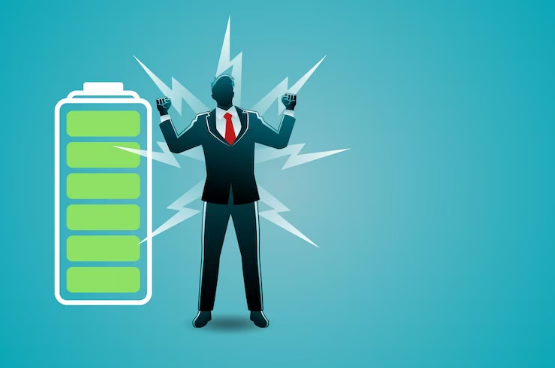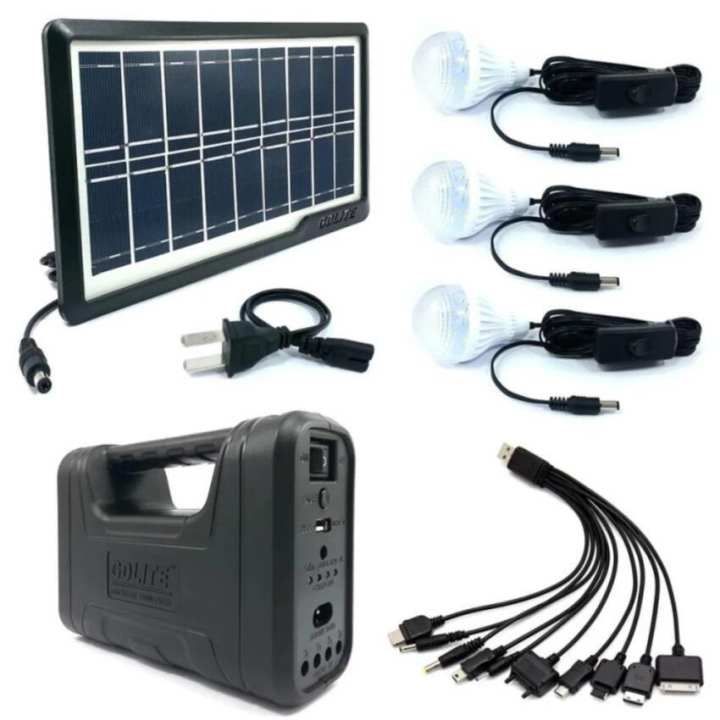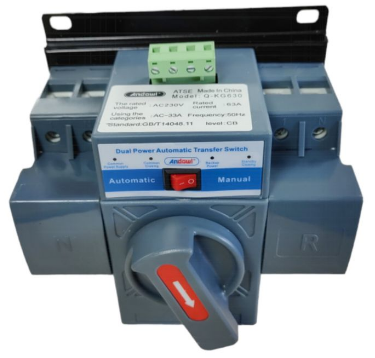
The Best Power Back-up Options For People Who Work From Home
For people who work from home and require reliable electric power backup options, there are several solutions available. The choice of backup power depends on your specific needs, budget, and the duration of power outages in your area. Here are some of the best electric power backup options:
-
Uninterruptible Power Supply (UPS)
A UPS (Universal Power Supply) is a common and affordable backup power option for home offices. It provides short-term power during brief outages, giving you enough time to save your work and safely shut down your devices. UPS systems typically offer surge protection and battery backup.
-
Portable Generators
Portable generators are versatile and can provide power during extended outages. They run on gasoline, propane, or diesel and can power multiple devices simultaneously. However, they require fuel and proper ventilation, so they need to be used outdoors or in well-ventilated areas. -
Home Battery Storage Systems
Battery storage systems, are becoming increasingly popular. These systems store electricity when it’s available, such as during off-peak hours, and can provide power during outages. They are typically connected to your home’s electrical system and can power essential appliances and devices for an extended period. -
Solar Power Systems

If you’re looking for a more sustainable option, solar power systems can be an excellent choice. By combining solar panels with battery storage, you can generate and store your own electricity. During power outages, the stored energy can power your home office equipment. -
Inverter Generators
Inverter generators are quieter and more fuel-efficient than traditional portable generators. They provide stable and clean power, making them suitable for sensitive electronics. Inverter generators are more expensive but offer greater convenience and reliability.
-
Dual Power Sources

To ensure redundancy and reliability, you can consider combining two or more backup power options. For example, you could have a UPS for short outages and a portable generator or battery storage system for longer outages.
When choosing a backup power option, consider factors such as power capacity, runtime, noise level, installation requirements, and the cost of fuel or maintenance. It’s also advisable to consult an electrician to determine the best solution based on your home’s electrical setup and your specific power requirements.





